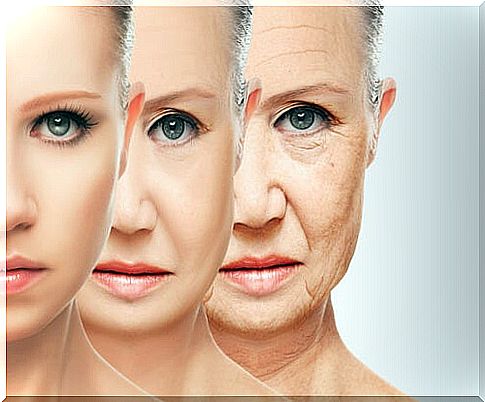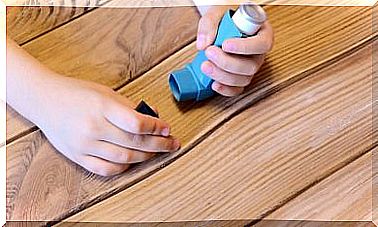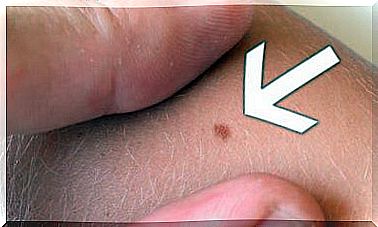A Drug That Can Heal Radiation Damage And Stop Cellular Aging
Cellular aging and how to overcome it has been a centuries-old quest for science. The answer could be very close to coming true.
Experts say that the ability of cells to repair DNA damage decreases with age.
When this DNA exceeds a certain level of injury, the cell is unable to carry out its function properly.
This activates the process of cell death, or the uncontrolled division of cells, which leads to cancer.
Cell control and cellular aging

What is the way to get cells to repair their DNA again ?
In this sense, several scientific studies have been carried out, among other things because the answer could hold the key to the development of long-awaited anti-aging therapies.
A study, carried out in 2014, shows how a metabolite called ‘nicotinamide adenine dinucleotide’, located in all cells of the body, plays a decisive role in the regulation of protein interactions that control DNA repair.
However, there is more news in the study.
Administering an enhancer for this metabolite has been shown to improve cells’ ability to repair DNA damage from radiation exposure or aging.
In tests with mice, the older cells were indistinguishable from those of the younger ones, after one week of treatment.
These data offer information of great scientific value and are creating high expectations.
For researchers, this study is the one that has gone the furthest in terms of combating cellular aging.
Thus, an anti-aging drug that can be marketed could be ready in three to five years.
Different utilities

The authors of the study affirm that this new therapy could have a definite utility in:
- The treatment of different diseases associated with aging.
- Female infertility.
- Side effects that occur with chemotherapy.
Another possible benefit would help children who survive cancer.
A vast majority of them will have developed a chronic disease by the time they turn 45.
These diseases could range from cardiovascular disease to diabetes, Alzheimer’s, or cancers unrelated to the original tumor.
This occurs because the affected cells of these people who had cancer experience accelerated aging that can be devastating.
NASA, interested in cellular aging
If the cellular lesions can be repaired when the radiation exposure has been small, something different is in the case of a high radiation.
By leaving Earth’s orbit and its protective electromagnetic field, astronauts enter a high risk of radiation.
Although the mission is short, astronauts experience accelerated aging from their exposure to cosmic radiation.
This leads, among other symptoms, to muscle weakness and memory loss.
If we think of more ambitious missions, such as traveling to Mars, astronauts will spend more time in space and the risk of cellular skin aging will be greater.
These cosmic travelers could suffer death of up to 5% of all their cells and would have a greater probability of developing cancer.
Radiation is also dangerous on short flights

Cosmic radiation is not a threat that astronauts alone have to face.
Also, it is a problem for those who fly frequently. On long airplane trips we are exposed to radiation levels similar to those seen in a chest X-ray.
Treatment with the drug capable of reversing cellular aging would also serve to alleviate the effects that radiation from flights produces on the DNA of passengers who travel more frequently.







